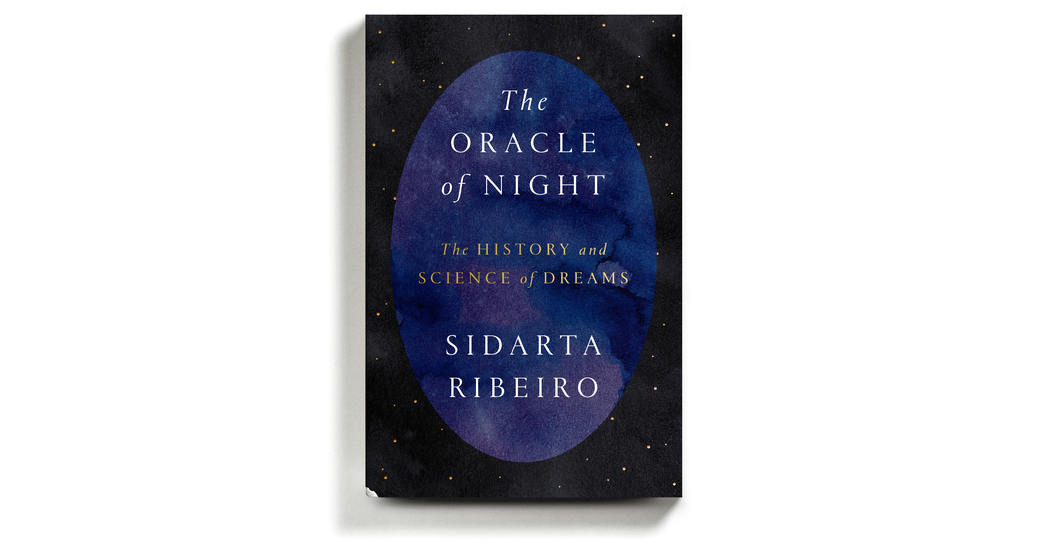
Judging from Ribeiro’s extensive author’s note, acknowledgments and bibliography, this book is the culmination of decades of thought and collaborative work. It’s also the expression of remarkable, if sometimes all-over-the-map, scholarship, drawing on history, literature, biology, anthropology, neuroscience, sociology and psychology, among other disciplines.
The author’s description of how he intends to write “a brief history of the human mind with dreams as the connecting thread” sounds like a dream itself. I’m sure this is deliberate. His lyrical account is aided by Daniel Hahn’s beautiful translation from the Portuguese.
“Incompleteness, displacements, condensations, multiplicity of characters, unexpected returns, details that have no apparent explanation and even a lack of relevant details will be our traveling companions,” Ribeiro writes, preparing us for the journey. We should, he says, “allow ourselves to be carried by the current.”
And what a current it is, starting with a discussion of dreams in the foundational myths of ancient civilizations and religions. The Norse sagas, the Epic of Gilgamesh, Greek mythology, the stories of ancient Rome, the Quran and the Bible — all feature dreams as messages from the gods, auguries of the future, puzzles to be interpreted or warnings to be heeded. For many ancient cultures, understanding one’s dreams was essential to understanding one’s waking life.
Hopscotching across millenniums, Ribeiro discusses Freud’s groundbreaking theories about dreams and the unconscious. He explores the effect of melatonin, sleeping pills and psychedelic drugs on sleeping and dreaming. He talks about traumatic dreams, erotic dreams, dreams about people we have lost and the universal dream of anxiety, when you’re suddenly confronted with a test for which you haven’t studied.



